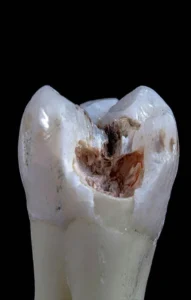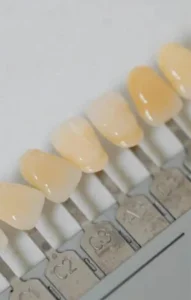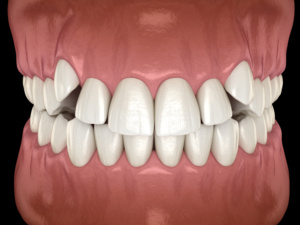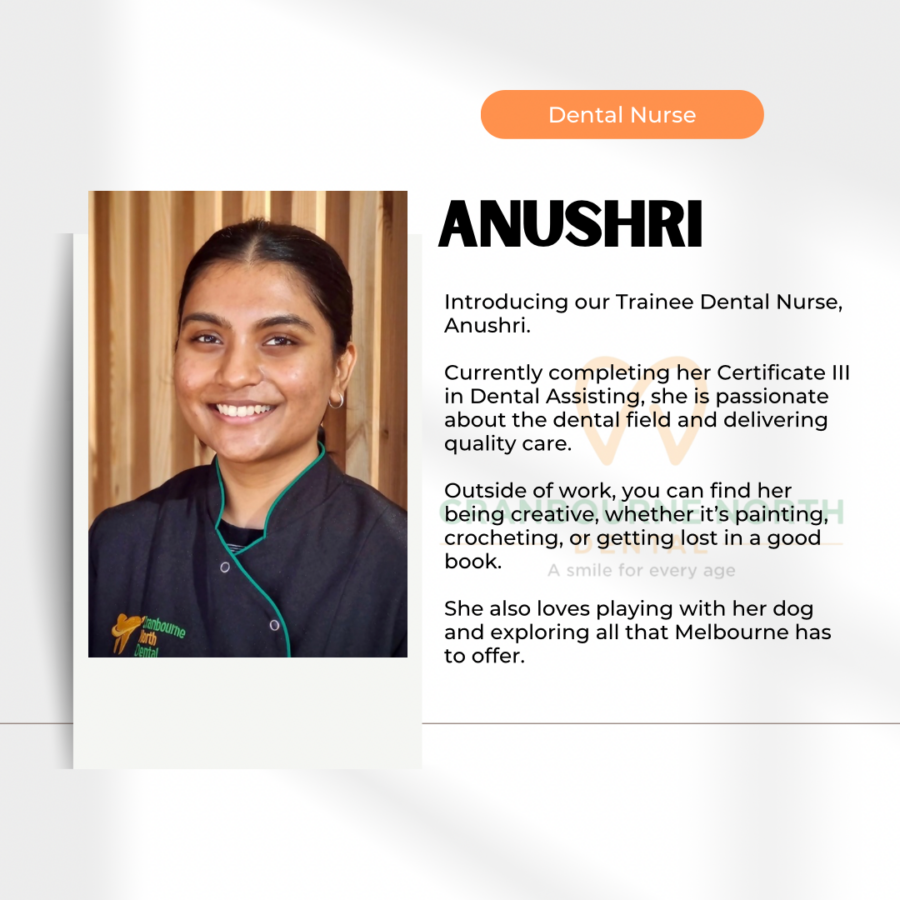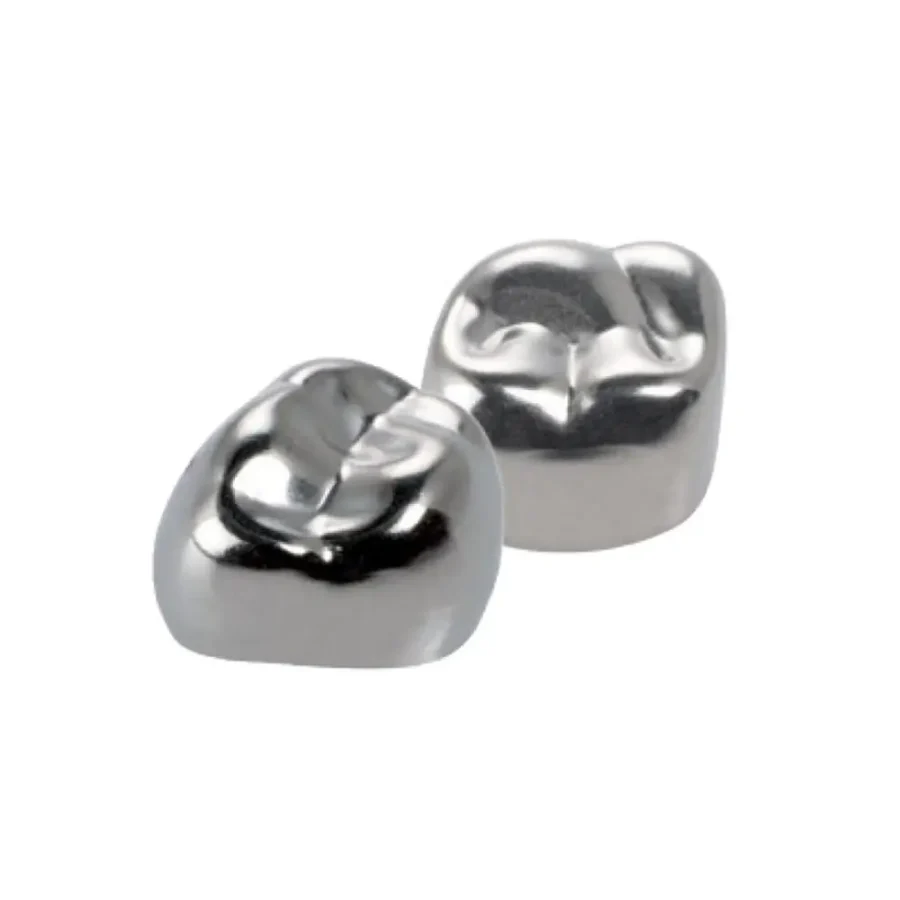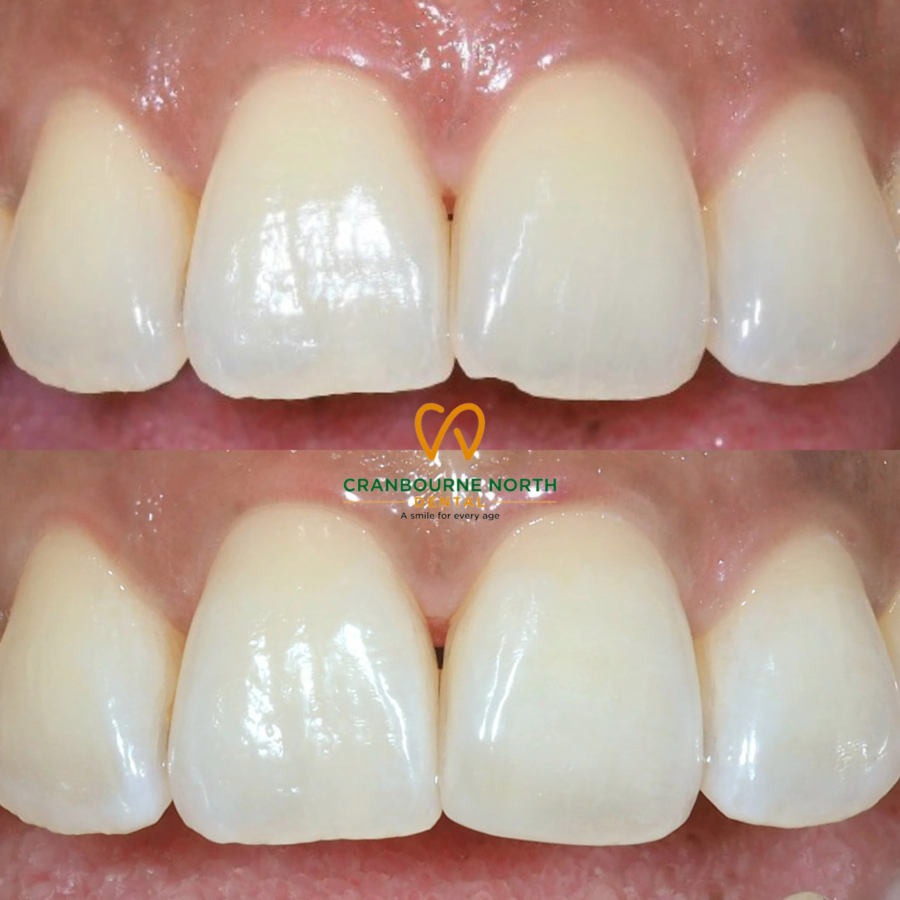
Root Canal Treatment (RCT)
A Root Canal Treatment (RCT) is a specialised dental procedure when a tooth is infected. It is one of the best ways to save your teeth (instead of removing them).
This treatment involves thorough cleaning of any infection and bacteria from the root canals of the affected tooth, placement of medication and finally, the sealing of the canals. Untreated tooth infections may lead to pain, swelling, and abscess formation, and in some cases, the infection may remain dormant for an extended period before being detected.
Amidst the confusion and misinformation surrounding Root Canal Treatments, we strive to alleviate stress by offering clear and detailed information. Our goal is to empower you to make an informed decision about your dental care.
Do you have a sore tooth or an infection? We recommend you book an appointment with us to find out if we can save you and your tooth!
Signs you might need Root Canal Treatment
Here are the most common signs that you may have a nerve problem with your tooth:
- The gum around the tooth may be swollen or an abscess can be seen.
- Tooth sensitivity: Cold and hot drinks can cause severe, long lasting pain.
- A consistent dull throbbing (toothache)
- The pain that wakes you up at night and consistent doses of pain relief medication is required to keep it under control.
- Sometimes a severely infected tooth can have no pain because the nerve in the tooth has been dead for a while.
DO NOT IGNORE any symptoms. The tooth pain (toothache) you experiencing could be the start of a major problem. In most cases, if the problem is caught early, a simple fix such as a tooth filling may be all you need. If your tooth is sore for long enough, the nerve of the tooth could get infected and might die as a result. This will result in a toothache or abscess and once this happens, your treatment options are limited and are more complicated. The longer an infection sits around the tooth, the harder it is to treat and the lower the chance of success of root canal treatment.
Early treatment is key!
Need help with your Root Canal Treatment?
We have a variety of Payment Plans available – giving you the flexibility of paying for your Dental Root Canal Treatment in Cranbourne later.

Root Canal Therapy Steps
Commonly, 3 to 4 root canal appointments are made with the following steps:
- Stage 1 – Assessment, Open & Drain (Extirpation)
- This first appointment is where we open up the tooth, remove all decay and assess suitability for a root canal. If suitable, we would remove the infected nerve and place some medication within the root canals of the tooth. In some instances a root canal may not be possible (e.g. large crack into roots).
- Stage 2 – Chemo-Mechanical Preparation
- Continuing the root canal a few weeks later, the appointments involve us removing the cleaning and shaping of the internal canals of the tooth and placement of more medication inside the canals. This is generally left in the tooth for up to 2 to 4 weeks.
- Stage 3 – Obturation
- The final stage of the root canal is the placement of a root canal filling and sealant to prevent further bacterial growth in the canal. A core (tooth filling) is done to protect the tooth in the meantime until the next stage
- Stage 4 – Dental Crown or Restoration
- A dental crown is needed to permanently restore the tooth back to function. Crowns are required in most cases to seal the access cavity of the root canal and to provide long term strength and resistance to tooth fracture.
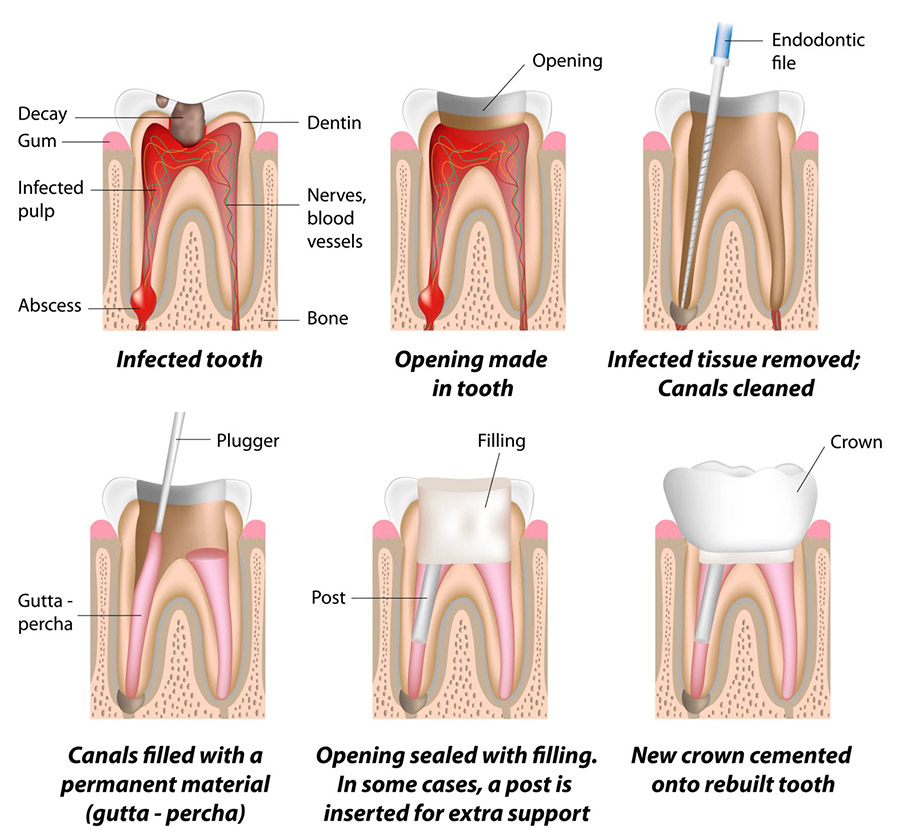
Complications and Alternatives to Root Canal Therapy
As with any dental treatment, there are always possible risks and complications. Several possible complications for root canals include:
- Fracture or separation of flexible, thin files used to clean and shape the canals.
- Tooth fracture or tooth cracking.
- Canals there are calcified and difficult to find.
- Missed or untreated accessory (additional) canals
- Potential for perforation of the tooth when we are searching for a canal.
- Specialist referral may be required mid-way through treatment if any of the above occur.
Sometimes these can’t be detected until we start the root canal. Some patients despite all the precautions we take, still have complications with their root canal work.
It’s important to note that the prognosi0 of a root canal is much better when the root canal is started in a timely manner, prior to infection.
Alternatives to root canals include no treatment (with worsening of symptoms) or tooth extraction with eventual placement of a bridge, implant or denture.
Call Us or Book Online Now
Common Problems
Frequently Asked Questions

Why are Root Canal Treatments so expensive?
Root Canal Treatments are essentially microsurgery internally on the tooth’s nerve tissue. If you saw the breadth of the set up required for a Root Canal Treatment, you would be gobsmacked!
It is a complex procedure that often takes multiple appointments and longer appointments. The equipment and materials used are very specialised including, rotary nickel titanium files, medicament for the canals, an electronic apex locator etc.
The cost of the treatment will vary according to the complexity and the number of canals which are in the teeth.
Some molars can have up to 4, 5, 6 or more canals and have very complex anatomy and hooks and curves!
Do Root Canal Treatments hurt?
Sadly, Root Canal Treatments have a very bad reputation and it is a very misunderstood procedure.
More often than not, people will wait till the tooth is very painful and infected and sometimes with an abscess/facial swelling before they come to see their Dental Professional. Unfortunately, once severe symptoms set in, it is harder to numb up the tooth and recovery may also take a couple of days. It is still relatively well controlled with pain relief.
Generally speaking, if you get treatment in a timely manner, the discomfort after the appointment is manageable with normal pain relief. The discomfort (if any) is usually after the very first appointment. Subsequent appointments for a Root Canal Treatment do not result in much discomfort.
The key to avoiding pain is to come in when you notice the first signs or symptoms. The earlier the procedure is started, the better the recovery and the better the success rate.
How long do root canals last?
Generally, studies have shown root canals to last around 5-10 years but there are many root canals that last much longer. If you are healthy, have good oral hygiene (ie. you brush and floss well), attend your regular dental maintenance appointments and have restored the tooth properly with a dental crown, you can expect them to last a lot longer. The main cause of root canals failing is because of tooth decay around the tooth which means bacteria enters the tooth again.

